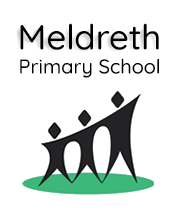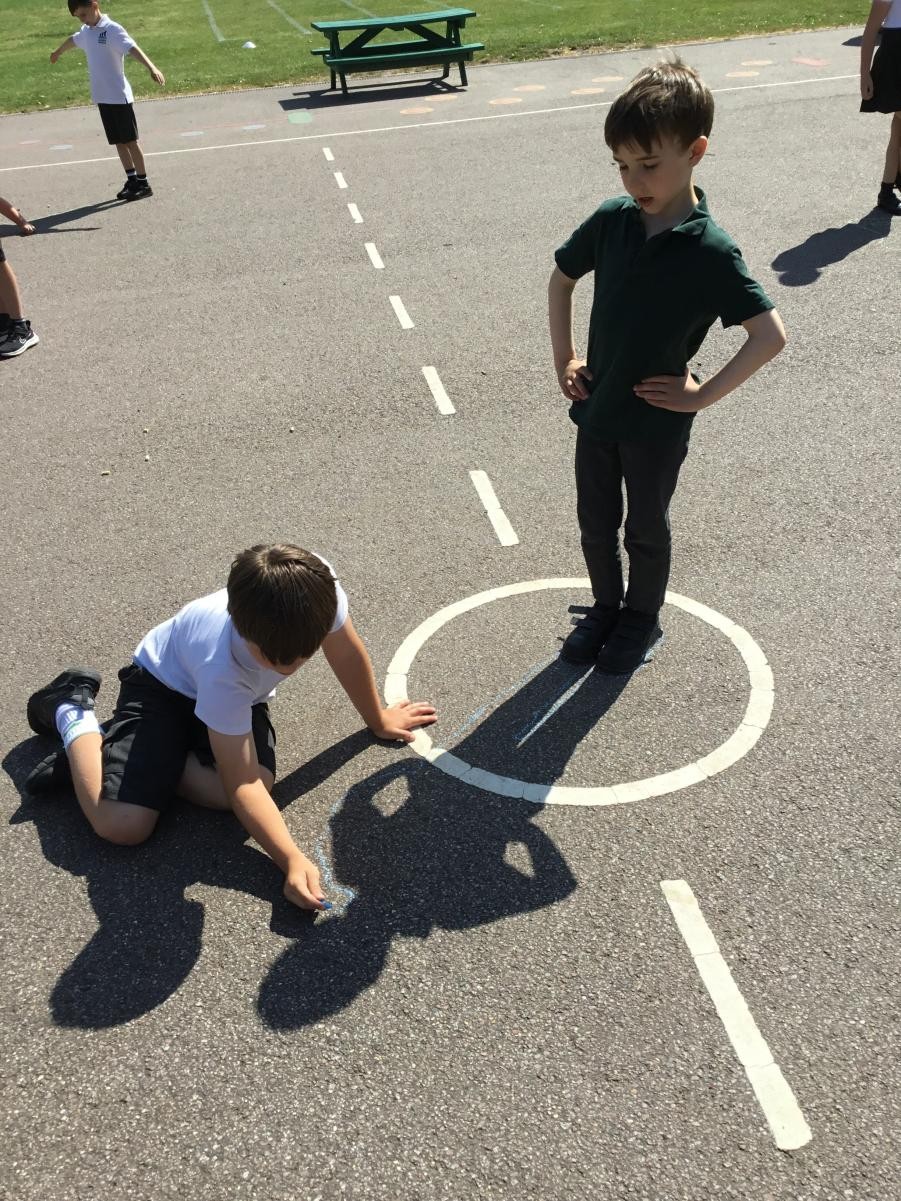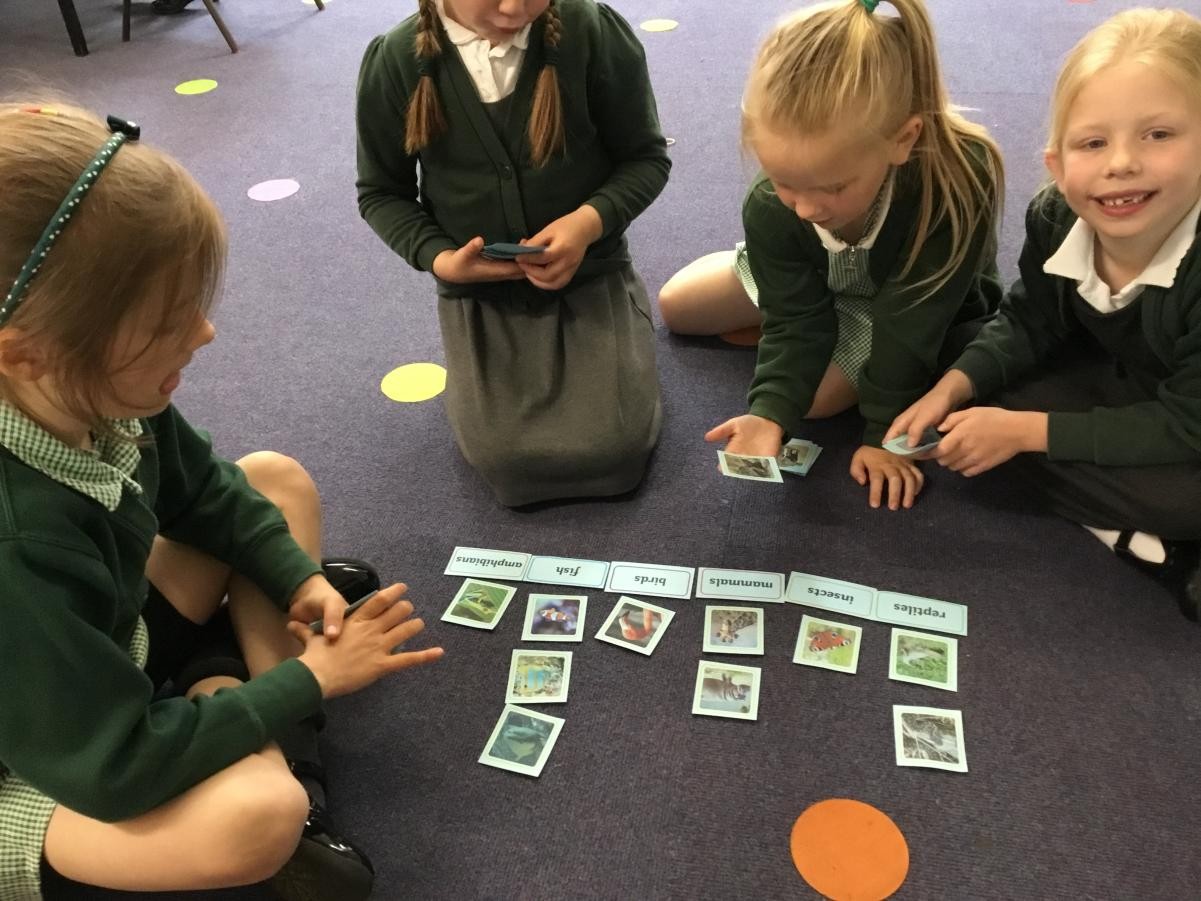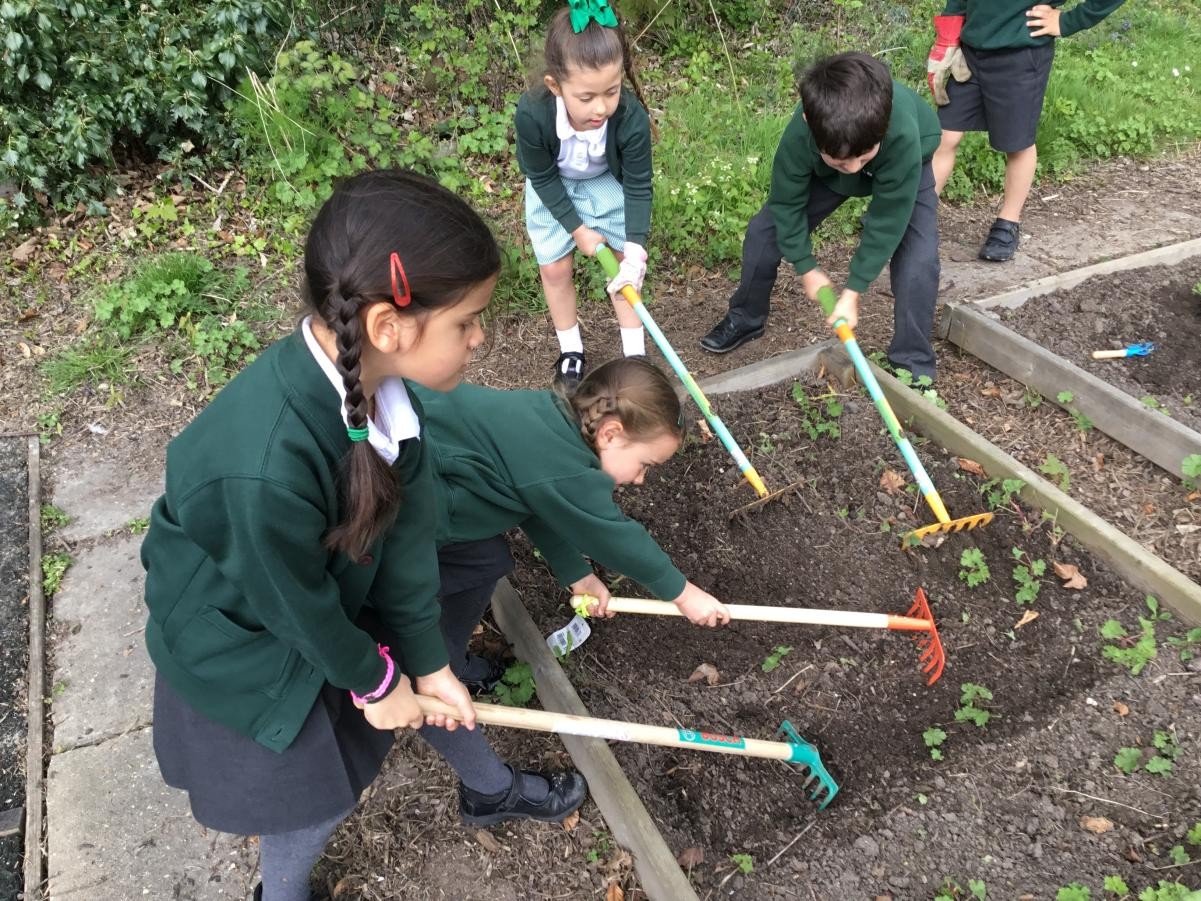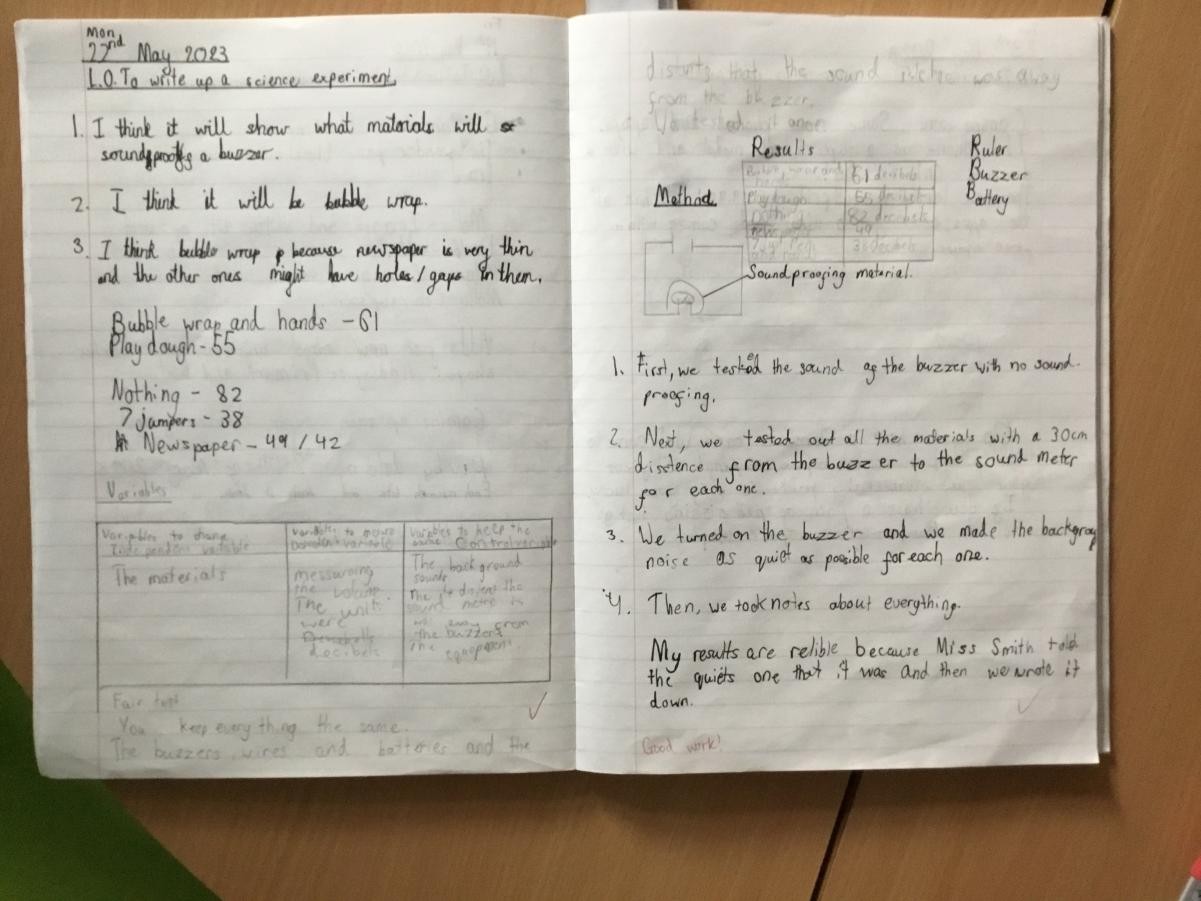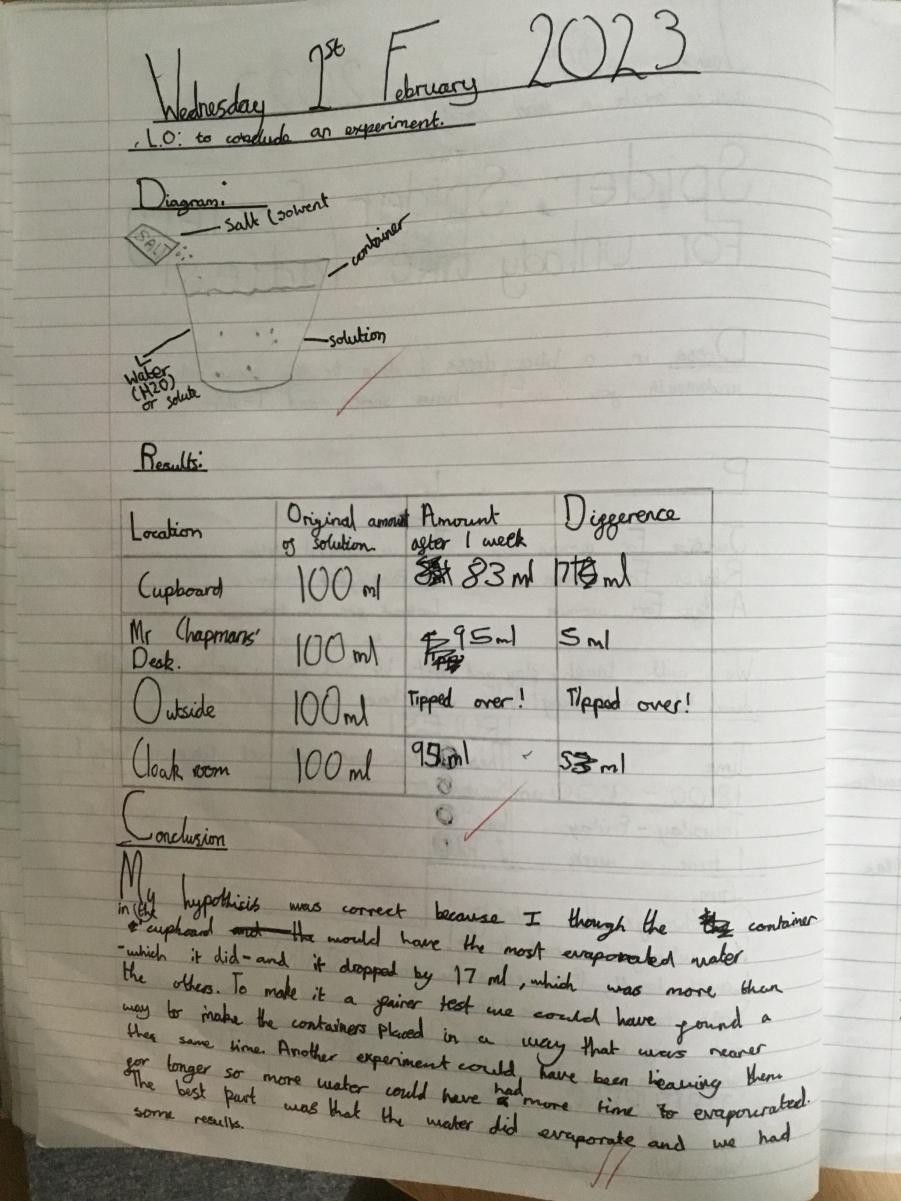We believe that children are natural scientists, have inquisitive minds and an in-built desire to understand the ‘why’ behind everything. Therefore, it is essential that our Science curriculum facilitates opportunities to inspires children’s curiosity further and provide them with the tools to lead the way in exploring their own scientific learning journey.
Our Science curriculum is planned to build increasingly sophisticated knowledge of the products (substantive knowledge) and practices (disciplinary knowledge) of science. Substantive knowledge is derived from the ‘scientific knowledge and conceptual understanding’ components laid out in the National Curriculum (NC), whilst disciplinary knowledge is specified from the NC ‘working scientifically’ statements. The interplay between these two areas of knowledge is central to our curriculum with disciplinary knowledge embedded into the substantive units of work.
Practical work forms an important part of our science education, where tasks and investigations are set up to develop children’s disciplinary and/or substantive knowledge. Our curriculum is sequenced so that children carry out the full range of enquiry types.
